Carb monitoring… not a fad diet, but useful tool for horticulture
Over 70 horticultural growers and agronomists recently came together in Childers and Mareeba to learn about carbohydrate monitoring and how the practice can lead to more informed infield decision making. A variety of crops were represented leading to positive interactions and learning among participants.
Hosted by Growcom - the project delivery arm of the Queensland Fruit & Vegetable Growers – and Agri Technovation, the workshops included presentations from a variety of experts such as international deciduous fruit researcher Dr Elmi Lötze and South African plant physiologist Wilme Brown.
Local experts were also on hand to share their knowledge, with Agri Technovation Australia agronomists Jonathan Freeman and Gareth Glasspool delivering a session on soil profiles and what to look for when developing nutrient and irrigation programs on their farms.
Growcom Facilitator Paula Ibell said the experts explained how nutrition was linked to different growth processes and how carbohydrates give us an index of plant energy availability.
“These events aimed to equip growers with the technical understanding of how trees use carbohydrate stores to access nutrients and the link between plant nutrition, growth stage, crop management and yield/ productivity,” Ms Ibell said.
“Linking energy concentrations in leaves and roots, to soil and plant nutrition and irrigation management, we can better understand the factors limiting the different stages of growth such as vegetative growth, flowering, or fruiting.
“Getting nutrients in the right place at right time and at the right quantity can improve fertiliser efficiency and reduce nutrient run-off, a win for farm sustainability and water quality.”
Post event, these growers from diverse growing backgrounds shared they now understand better the link between nutrition, crop management practices and yield/productivity.
Ms Ibell added that the strong attendance showed Queensland growers were eager to hear from experts to help solve some of their agronomic challenges and learn more to continuously improve their growing practices.
“The participation and discussions at these workshops indicate that growers have an appetite for these highly technical topics and investigating methods for optimising their nutrient management and on-farm operations,” Ms Ibell said.
Further grower ‘meet ups and study groups’ are planned to be held over the next two years.
“This grower-to-grower approach works to build the skills, knowledge and confidence of horticultural growers to benchmark practices and ultimately improve water quality leaving farms and orchards within the Great Barrier Reef Catchment,” Ms Ibell said.
“Growers will hear from a variety of technical experts on topics ranging from on-farm fencing skills and considerations; erosion and sediment mapping and management; environmental management in protected cropping; pest scouting, integrated pest management (IPM) and use of biologicals.”
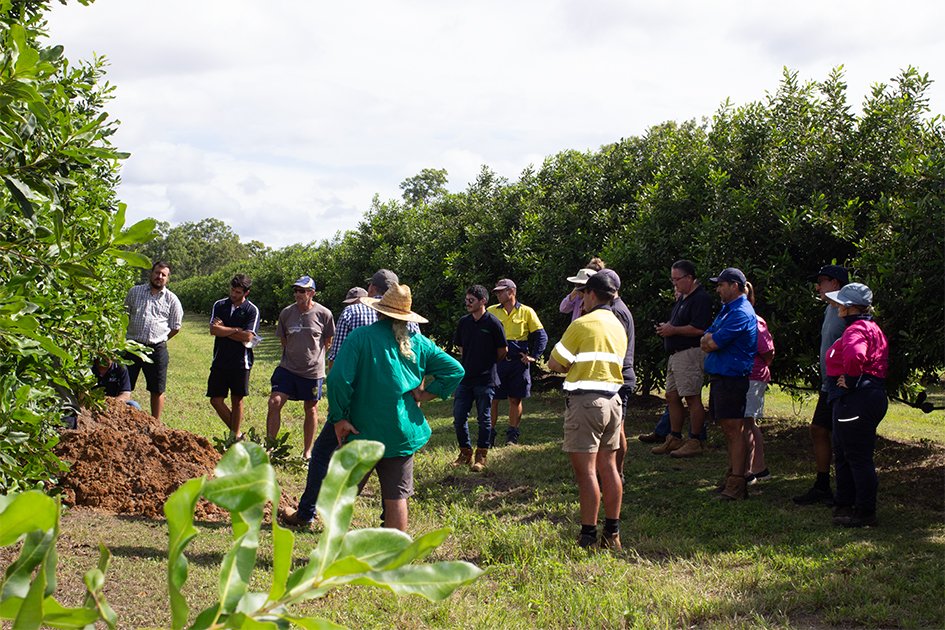
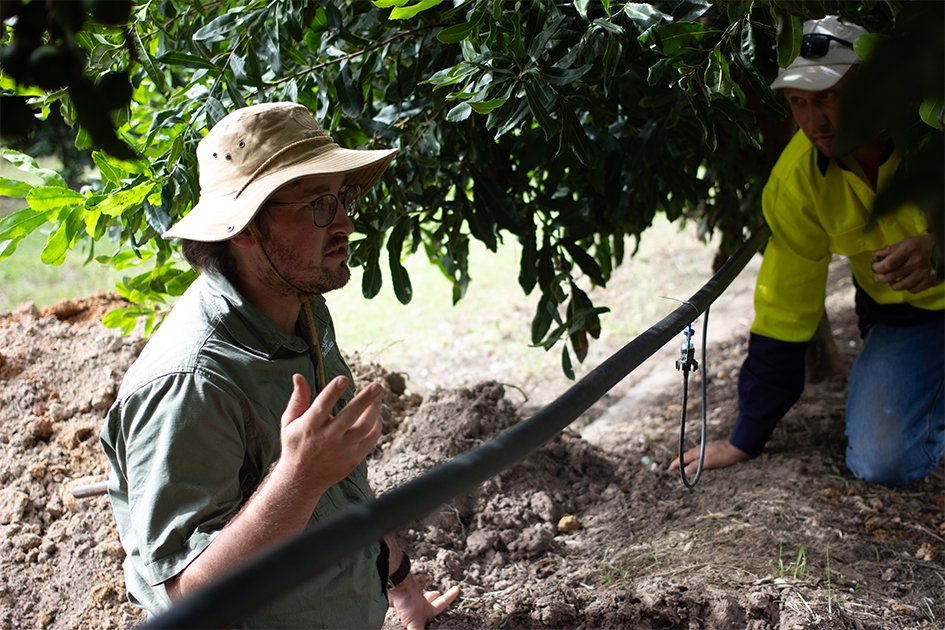
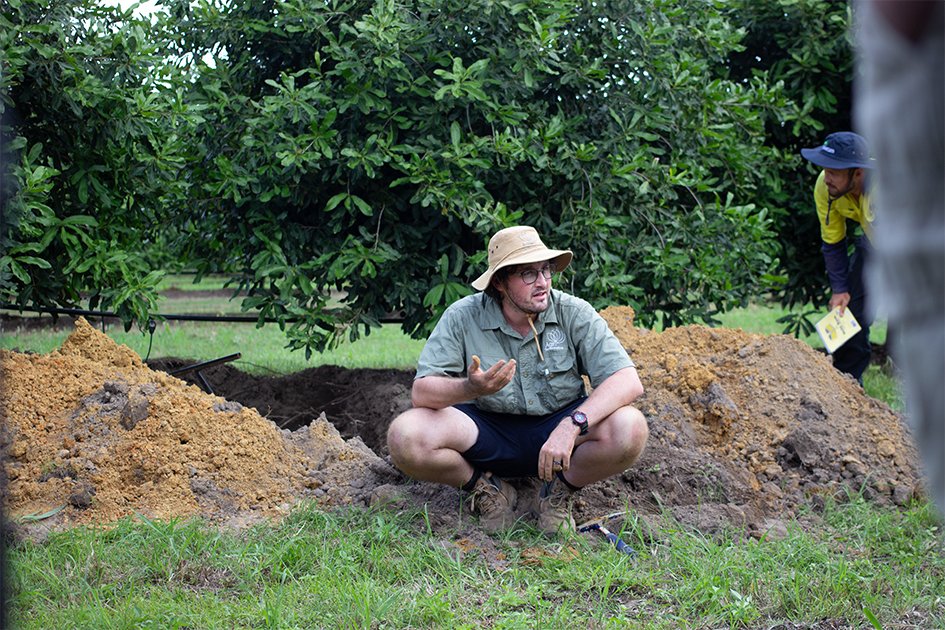
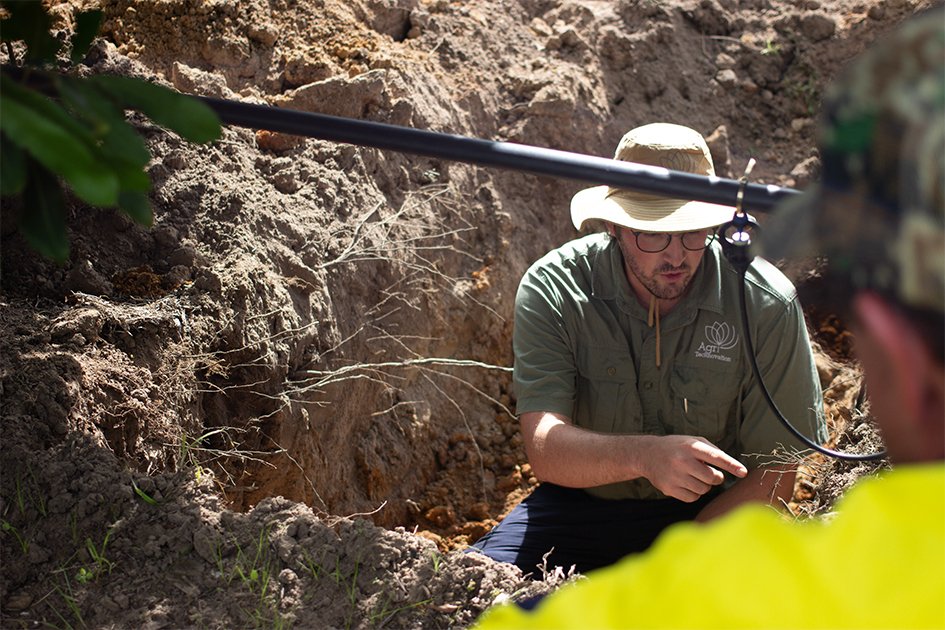
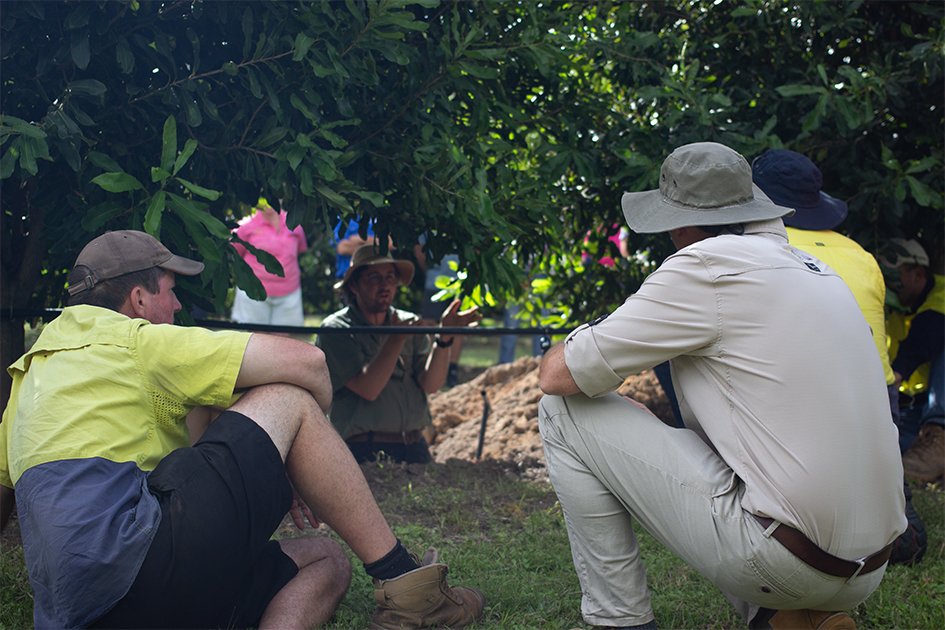
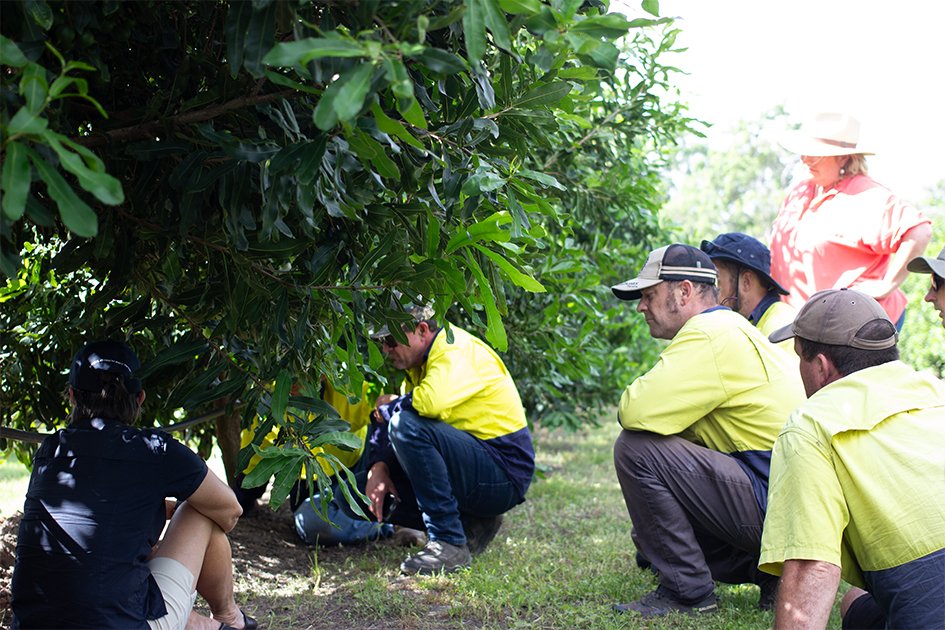
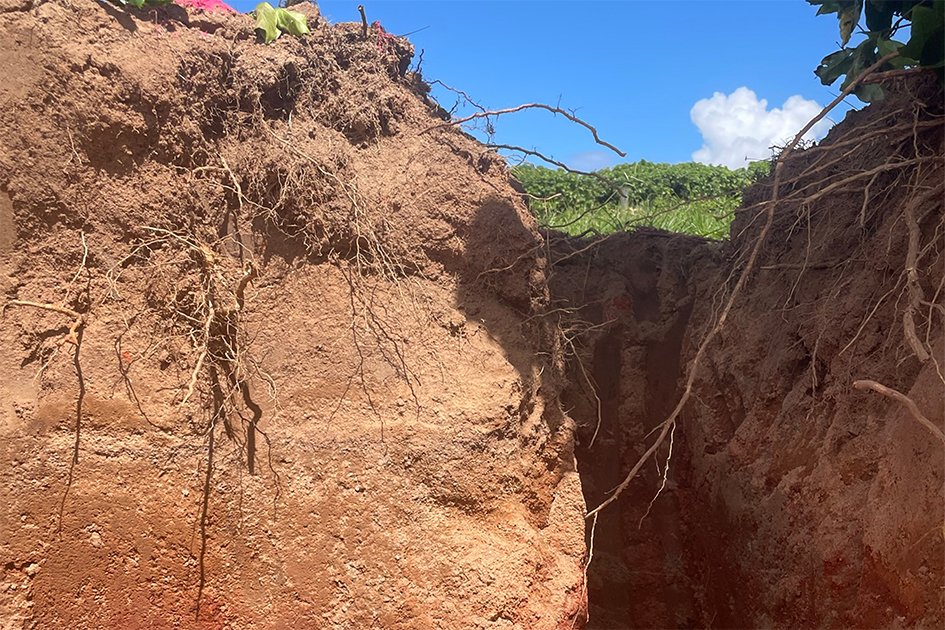

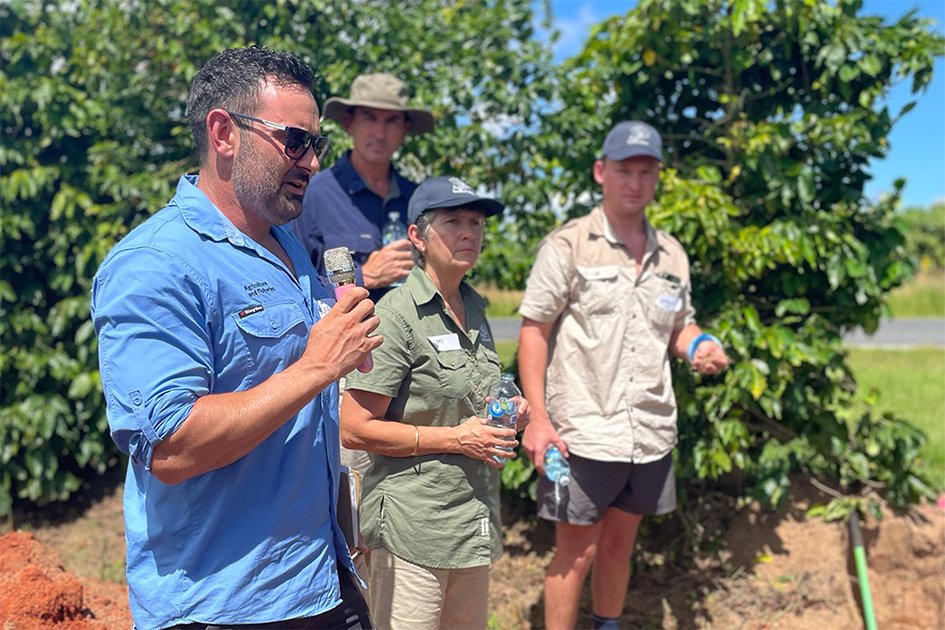
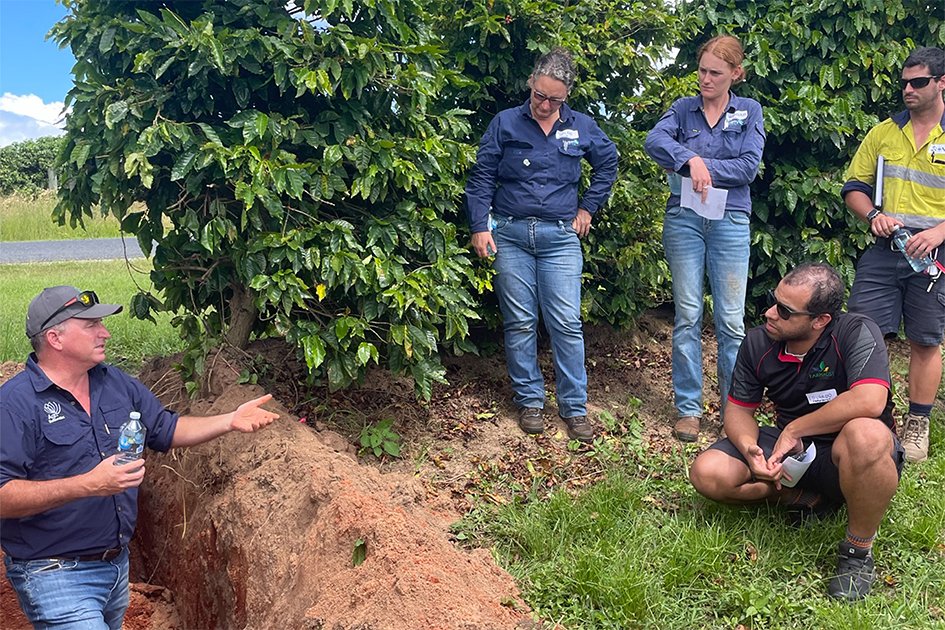
The Peer-to-Peer program is delivered by Growcom’s Hort360 Great Barrier Reef project and is jointly supported by the Integrated Engagement and Capacity Building project through the Queensland Government’s Queensland Reef Water Quality Program.
